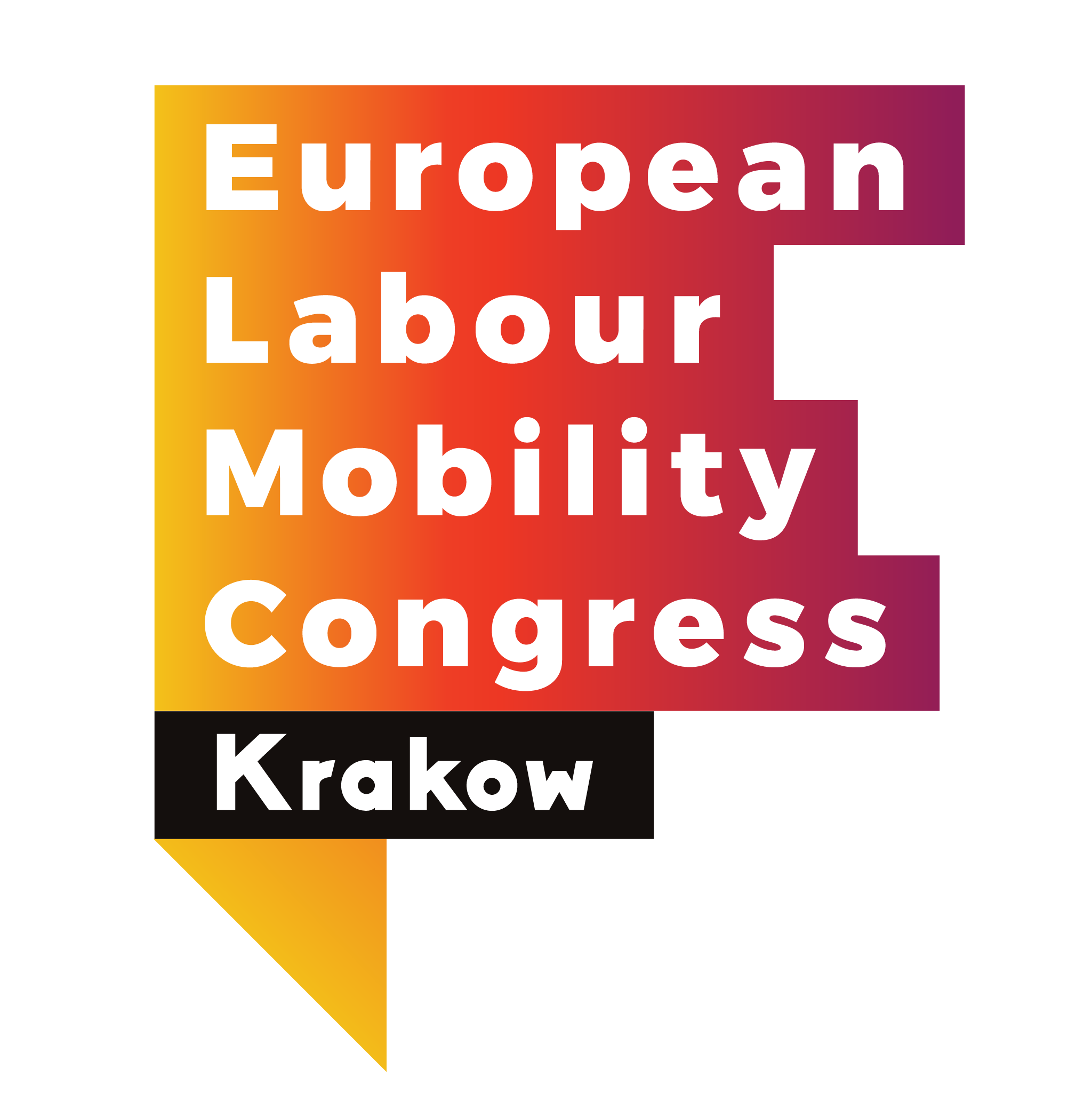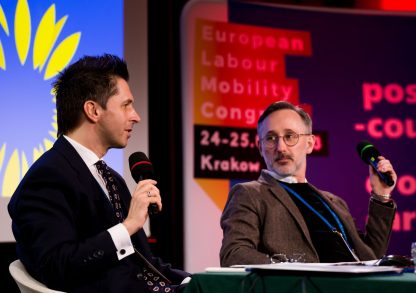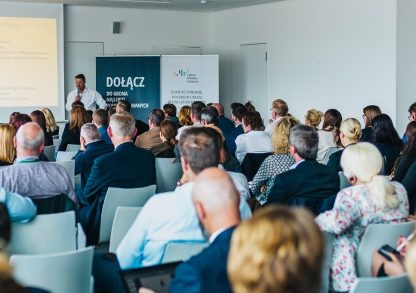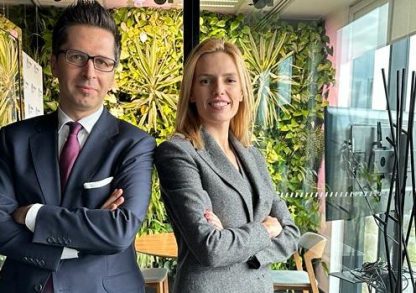The EU project 'Cooperation as a key to overcoming challenges in the field posting of workers from care, construction, transport and agriculture sectors' ('ACCT'), co-funded by the European Union, ran from October 2022 until completion in the first months of 2024.
The Project has involved Partners from Spain (Coalition of Independent Trade Unions, CSIT-UP), Poland (European Labour Mobility Institute, ELMI) and the Polish Social Insurance Institution, ZUS), Serbia (Union of Health and Welfare Workers, SZZS ZS), Norway (Union SOLIDARITET Norge), Romania (National Federation of Administrative Trade Unions, FNSA) and the Czech Republic (Association of Construction Entrepreneurs SPS/ABE and the Trade Union of the Construction Industry of the Czech Republic). This diversity of participating Partners (trade unions, employers and public law organisations) and their knowledge of the specifics of the sectors on which this Project focused (care, construction, transport and agriculture) provided different perspectives for analysing problems and finding solutions for the labour mobility in the EU, including mobility of workers from third countries (and third-country nationals).
The objective behind the Project has been to enhance the effective application of the fundamental rights of posted workers, while ensuring their free and fair movement, by developing solutions, in cooperation with social partners and public organisations, to overcome barriers and difficulties in monitoring and implementing the provisions of the Posting of Workers Directive in the care, construction, transport and agriculture sectors.
In order to achieve the above-mentioned overarching objective, meetings of national experts and workshops on posted workers and workers - third-country nationals were organised. In addition, an important milestone of the Project was the presence of the participating Partners at the 7th European Labour Mobility Congress (ELMC) 2023, held in Krakow (Poland) on 24 and 25 April 2023. The main objective of that Congress of a scientific and practical nature was to create a space for the exchange of experiences between academia (in its legal and business-related capacities), public administration, trade unions, politicians and business people posting workers. Special attention was paid to cross-border live-in care services for the elderly, one of the groups we analysed in our project.
Both in the expert meetings held and in the preparation of the training materials that summarise the Project, a number of topics were discussed that were the focus of attention of all Project Partners and a high degree of consensus was reached in identifying the most important issues for posted workers and third-country nationals.
Aspects relating to workers' residence and work permits, especially in the case of third-country nationals (with particular reference to the so-called Vander Elst visa in Germany), as well as the conditions of their employment and the various social security, contribution and tax regulations, were a constant feature of the discussions held during the Project in question.
During the aforementioned discussions and exchanges, considerable space was devoted to those whose work involves live-in care for vulnerable groups (mainly elderly and disabled people), and a number of conclusions were drawn which the Partners themselves described as "worrying", among which were the existence of an informal economy, the lack of regulation in basic aspects such as working hours, the sometimes existing deficit in the professional skills of those carrying out live-in care tasks and the poor definition of their functions, or the lack of a clear definition of service standards to guarantee users the quality of the provision of these services.
In short, the Project showed that there is still a lot of work to be done with regard to the protection of posted workers and, above all, the rights of workers hailing from third countries (especially in the area of live-in care). Future challenges include achieving better transparency standards (notwithstanding the appropriate use of the Internal Market Information System, IMI) and easier access to information on the terms and conditions of employment of posted workers and third-country national workers.
In this context, and in line with one of the objectives stated in the Project, the Project Partners have created a number of 'bridges' for better and more efficient cooperation and effective dialogue both with each other and with social parties and public stakeholders in their countries.










